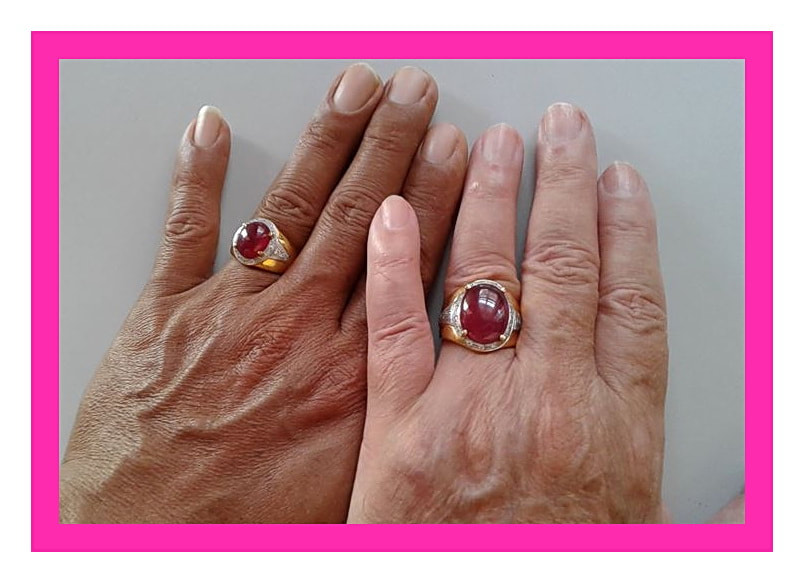|
THAILAND THINKS ABOUT IT AGAIN
The Thai Cabinet agreed on July 8 to send a "Civil Partnership" act to Parliament. It needs to be considered by the lower house of Representatives and then the upper house of Senators before being promulgated as law. This need not take long. For the most part, civil rights and LGBT+ advocates agree that it is expedient to do this before Parliament is dismissed to call new elections. In other words get done what you can while you can. It’s taken a lot of work to get to this point and a change of government would mean starting over from the beginning. Meanwhile, advocates are working toward a more complete "Marriage Equality" act that could be achieved through amendment of article 1448 to simply replace words like "between a male and female" with "between two people.” Amendment of the constitution is tedious and would take at least two years. The difference between the two measures is complicated, but the simple version is that a “Civil Partnership” act would allow same-sex couples to register their relationship. Reuters news reported that the proposed bill would allow a couple to adopt, inherit property, and manage property jointly. Previous versions of the Civil Partnership proposal limited each of those rights in some ways. Informants working on this, including Dr. Pongthorn “Tor” Chanlearn of the M+ Foundation, point out that Civil Partnerships are unequal to marriage in several respects. Civil partners would not be entitled to government benefits or welfare (such as retirement pensions) as a married spouse would. The only laws that would apply to civil partnerships would be those that mention them specifically, which would exclude those called marriages. For example, there is no provision for legal engagements (namely, verbal contracts between participants in making plans for a marriage), partners would be unable to change their surnames, to file joint tax returns (and therefore benefit from reduced taxes) as married couples can. If the Marriage Equality proposal could be enacted it would provide true equality under the law. Where the law governing families now says a marriage is between a “man” and a “woman” (meaning the sex mentioned on the individual’s national identity card), the proposal would substitute the phrase “between two people.” Therefore, the provisions for all marriages would be the same and any law mentioning marriage or married people would apply. Same-sex couples could then also have engagement arrangements between their families. The couple would be entitled to benefits and welfare as are all married couples. For example, they would have the legal right to manage resources, inheritance, hospital insurance, social welfare, all kinds of adoptions, tax reduction, provisions available to government employees, legal right to arrange funerals of spouses, right to change nationality as married couples can do, and the legal right to make medical decisions for one’s spouse. That’s a lot of differences not provided to civil partners. If the civil partnership bill is passed, as now seems more possible than it ever has been, it would be very important for couples (particularly couples in which one individual is not Thai) to read the fine print. It may be difficult, time-consuming, and expensive for a couple in a civil partnership to register their marriage when and if the marriage bill passes. Changing article 1448 to provide marriage equality will be a stressful effort, as changing constitutional provisions are meant to be. But rights and LGBT+ activists went to Family Court yesterday to argue that the wording of the regulations on families, stipulating that a marriage is between a man and woman, is inconsistent with provisions on human rights in the constitution. Family court accepted the arguments and will make a ruling. If they rule in favor of the need to change the definition of marriage, they will send it to the national Constitutional Court for a final ruling. If that passes the court will order changes, and there will not be need for a long drawn-out amendment process. Courts in the Kingdom being what they are, nothing is predictable. Where we are, once again, is on the threshold of movement on legal same-sex recognition. If anything happens to bring change about it will be the first by any nation in South East Asia, and the second in all of Asia after Taiwan.
0 Comments
Leave a Reply. |
AuthorRev. Dr. Kenneth Dobson posts his weekly reflections on this blog. Archives
March 2024
Categories |
| Ken Dobson's Queer Ruminations from Thailand |
|

 RSS Feed
RSS Feed
